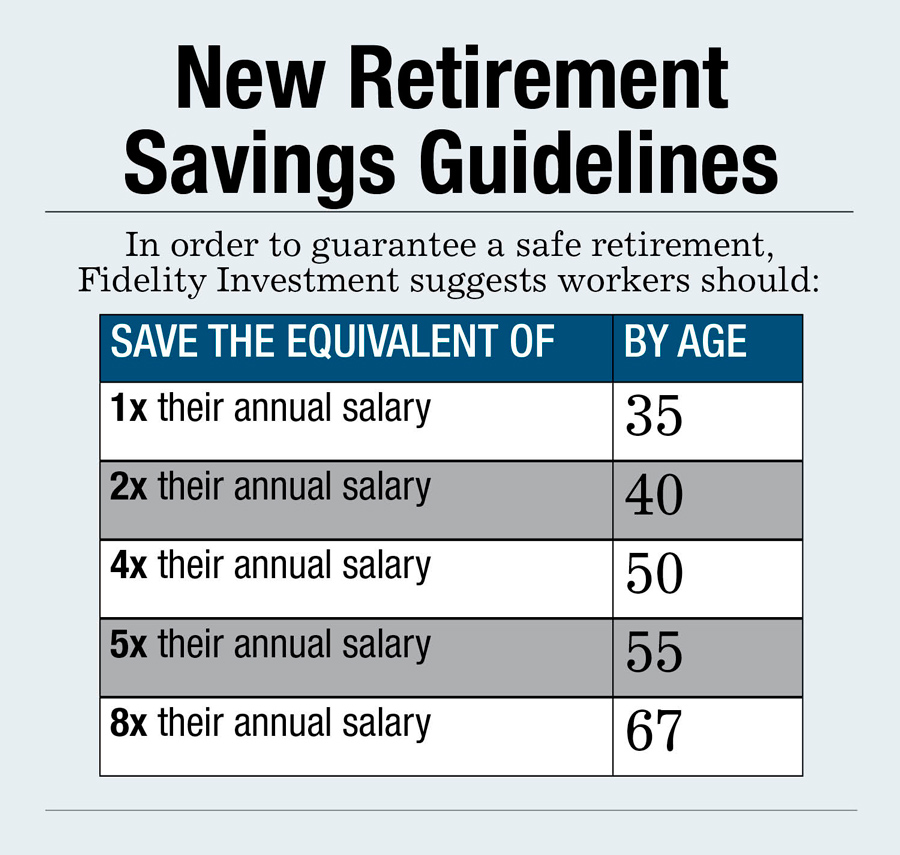When you’re running a business it’s hard to do it all. Filling your taxes in a timely manner can be difficult and if you’re a business owner this is especially true because you typically have a lot on your plate. The problem with waiting until the last minute to file your taxes is that you may miss some things that will work to your advantage. Here are some of the things you want to pay attention to when you’re filing this year:
Free Filing
If you made less that $57k in the past year, you are eligible to use free e-filing software. What’s great about this is that there is little to no out of pocket expense to you and it's typically self-explanatory. You get asked questions about your business and finances, and you fill out the form like you would any other questionnaire.
Start-Ups
Did you start your business last year? You qualify for a $5k deduction since starting a business is considered a capital expense. This may not apply to everyone but it definitely applies to some, and if you did start a new business last year, congrats! It’s not easy.
Education
Did you take a class or course to receive training to improve your business? If so, that also qualifies as a deduction. Things like seminars and conventions count too!
Driving
Mileage is one of the easiest deductions for you to qualify for. Whether it’s meeting clients, getting supplies or doing research around town, you can get a deduction for using your own vehicle to run your business. Most business owners have to do this at some point or another, just make sure that you keep track of your miles and maybe even use a
helpful app to do it for you!
Working from home
Being your own boss is great, but if you also get to work a lot from home and have a dedicated space just for that, that also qualifies as a deduction. You do have to specify square footage but that shouldn’t take too long to figure out.
Insurance
There’s no one looking out for you but yourself when you’re self employed, this is why getting health insurance is on you. Not to worry though, IRS knows that this can be a costly expense on someone who has their own business and sometimes either offers assistance or a tax break to ensure you’re healthy enough to run your business.
Software and subscriptions
Quickbooks, Photoshop, Paypal - if you’re a business owner you may be familiar with some of the these software programs. Most of these require a monthly subscription which can end up costly hundreds of dollars a year, take this as a deduction also because it is considered a business expense.
Hotels and Meals
We never know where work will take us, but we do know that covering these expenses can get costly. That is why saving all your receipts for both meals and hotels is important. Most of these things, as long as they are a business expense, are also deductible.
Want to know more? Accounting works will be hosting a Lunch & Learn free to members of the Richmond Business Alliance 3.3.2015. Non-members can attend for $10.00.
RSVP right here.
Official Event Name: Lunch & Learn - Tax Time Sponsored by Accounting Works & Pat McAleer, CFP®, ADPA® from Kasch, Levitch, McAleer & Associates





